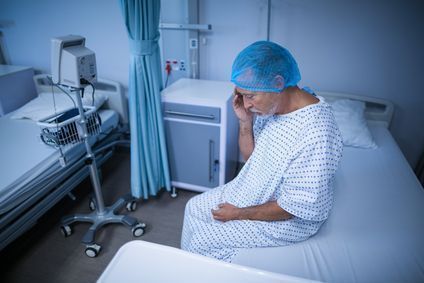
Women’s medicine menopause thyroid osteoporosis and diabetes
Medicine, menopause, thyroid, osteoporosis, and diabetes in women
Menopause, hypothyroidism, hyperthyroidism, osteoporosis: high-impact diseases that favor the female gender; diabetes, which is actually equally distributed between the genders, increases the risk of coronary artery disease by 40% in women compared to their male counterparts. Diseases for which the endocrinologist is the point of reference because although they differ in symptomatology they are all related to the proper functioning of the endocrine system. For this reason, AME, Association of Medical Endocrinologists, is organizing a series of meetings, dedicated to its members, for an’update on some of the most impactful problems on women’s health, first and foremost osteoporosis.
“Postmenopausal osteoporosis, or that form of osteoporosis that typically arises after the disappearance of the menstrual cycle, is a problem that affects almost all postmenopausal women worldwide, and one in 5 women is at risk of vertebral fracture, a problem that has serious consequences on the quality of life of the person and her family members, explains Vincenzo Toscano, president AME.
The Ministry of Health recently compiled an update on the prevention of osteoporosis and associated bone fractures divided by age group2. In fact, prevention of this disease, contrary to what one might think, begins as early as adolescence, and only adequate knowledge of the problem can ensure an equally adequate prevention response, Toscano continued. Postmenopausal osteoporosis is indeed a chronic disease of great health and social interest.
Adequate prevention results in a significant impact on both the patient and the national service that supports the costs of fracture management and those related to the rehabilitation that follows”.
Special attention should be paid to a balanced diet rich in calcium and vitamin D2, exercise in relation to body weight, follow healthy lifestyles (avoid alcohol, smoking, and drugs), and, when appropriate, perform examinations to define bone mineral density and undergo appropriate therapies if necessary.
“The training of endocrinologists is one of our goals,” Toscano concludes, “and in order to ensure a range of care that is adequate to meet this need for health and well-being, AME is offering its members the opportunity to update themselves on pathologies of great impact.”.
March 17 and 18 appointment in Gorizia for the National Theoretical-Practical Course on Osteoporosis. For those who could not attend or need further insights AME together with Consulcesi/Health in-training offers online updates.

